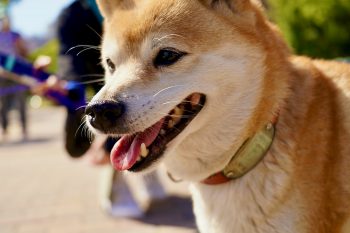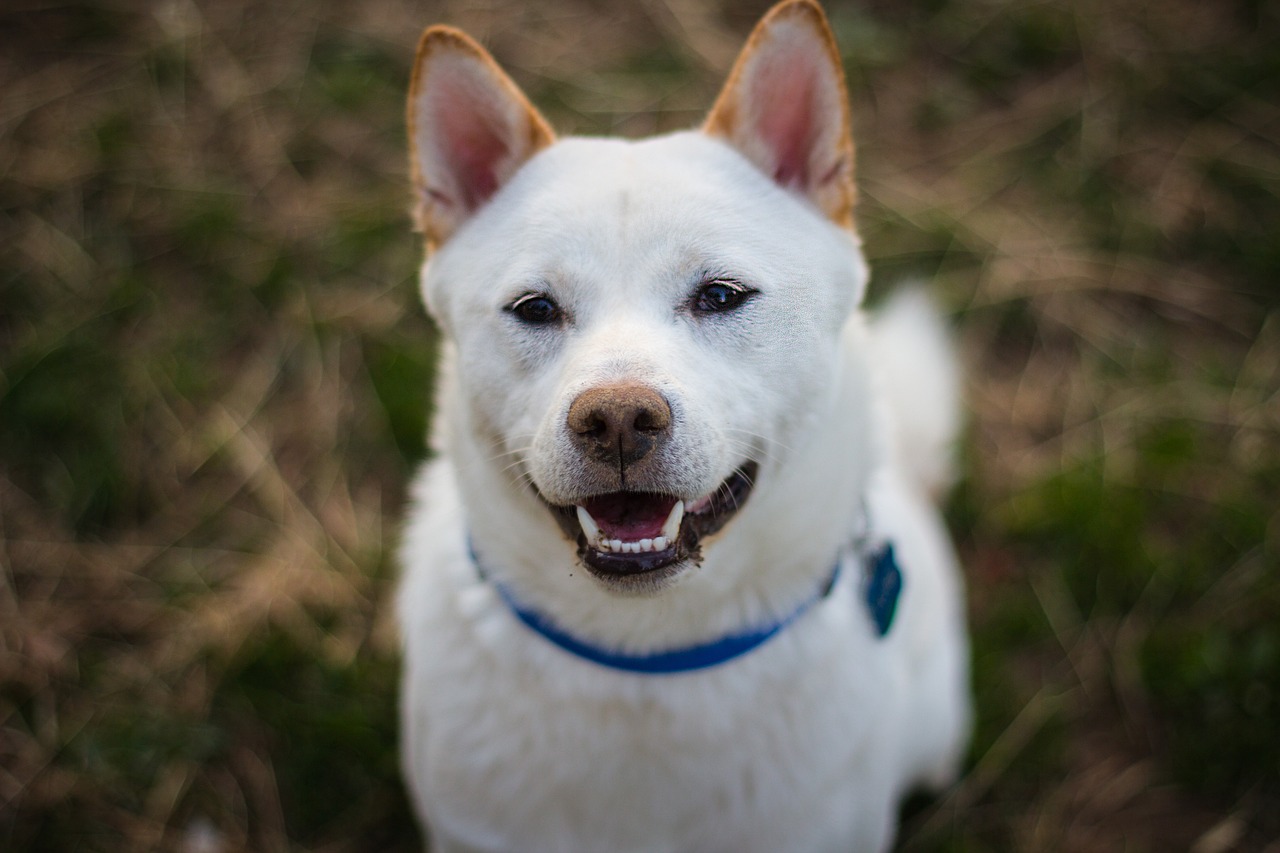
Shiba Inus, with its fox-like visitation and spirited personality, has been capturing the hearts of dog enthusiasts worldwide. Their meaty size, withal with a vibrant history rooted in warmed-over Japan, makes them a sought-after breed. But surrounded their rising popularity, potential Shiba Inu owners might wonder well-nigh their zest gravity and whether it can be harmful. In this comprehensive guide, delve deep into the zest gravity of Shiba Inus and understand the implications of their bite.
Shiba Inus: A Glimpse into Their Historical Roots
To understand the zest gravity of Shiba Inus, it’s vital to glance at their historical background. Shiba Inus are one of the oldest and smallest native Japanese dog breeds. Historically used for hunting small game, their strong jaw and meaty size made them apt predators. This hunting preliminaries gives some insight into the potential strength overdue a Shiba Inu’s bite.
Measuring the Zest Gravity of Shiba Inus
Precise zest gravity statistics can vary among individual dogs. However, when considering the size and historical role of Shiba Inus, their zest gravity can be unscientific to range virtually 150-200 PSI (pounds per square inch). This places them in a moderate range compared to many larger dog breeds but is still significant for their size.
Comparing the Shiba Inu’s Zest Force
In the grand canine zest gravity spectrum, Shiba Inus don’t match up to powerhouses like Mastiffs or Rottweilers, but their zest is notably strong for their size. When compared to dogs of similar size, Shiba Inus have a zest gravity that’s functional and efficient, in line with their historical roles as hunters.
So, Does a Shiba Inu’s Zest Hurt?
Any dog’s bite, regardless of size, has the potential to be painful. Given the Shiba Inu’s unscientific zest force, a bite, expressly if delivered with intent or fear, can indeed be harmful. Their sharp teeth, combined with their strong jaw, can inflict pain if not managed properly.
The Typical Temperament of Shiba Inus
Shiba Inus are known for their self-sustaining and spirited nature. They’re alert, agile, and can sometimes be a bit withdrawn or reserved, expressly with strangers. While they’re not naturally aggressive, their strong-willed nature ways that without proper training and socialization, they can develop undesirable behaviors, including nipping or biting.
Training Shiba Inus to Reduce Wintry Tendencies
Training and early socialization are key when raising a well-behaved Shiba Inu. Given their self-sustaining nature, Shiba Inus can sometimes rencontre their owners. Using positive reinforcement techniques and setting resulting boundaries can mitigate wintry tendencies. Additionally, engaging them in activities that stimulate both their soul and mind can reduce unwanted behaviors.
Conclusion
While Shiba Inus have a zest gravity that’s formidable for their size, they are not inherently warlike dogs. Their historical preliminaries as hunters has equipped them with a functional bite. However, with proper training, socialization, and understanding of their unique temperament, Shiba Inus proves to be loyal and loving companions, making the snooping of wintry a manageable one.
Frequently Asked Questions Well-nigh Shiba Inu Bites

1. Are Shiba Inus naturally warlike or prone to biting?
No, Shiba Inus are not inherently aggressive. However, they are known for their strong-willed and self-sustaining nature. With proper training and socialization, Shiba Inus can be well-mannered, but without it, they might walkout undesirable behaviors, including nipping or biting.
2. Why does my Shiba Inu puppy nip so much?
Puppy nipping is worldwide wideness many breeds, and Shiba Inus is no exception. They explore the world using their mouths, expressly during teething. With resulting training, this policies can be managed and reduced as they grow.
3. How can I train my Shiba Inu to reduce wintry tendencies?
Early socialization and consistent, positive reinforcement-based training are crucial. Engaging them in stimulating activities and providing chew toys can moreover reduce unwanted mouthing. Because Shiba Inus has an self-sustaining streak, patience and persistence are key.
4. My Shiba Inu seems to zest out of fear; what should I do?
Fear-based wintry can be a result of inadequate socialization or past traumatic experiences. It’s essential to identify and write the root cause, potentially with the assistance of a professional dog trainer. Positive exposure to various stimuli can gradually help unstrap such fears.
5. Are Shiba Inus’ bites increasingly dangerous than other breeds?
While Shiba Inus have a strong zest gravity for their size, they’re not inherently increasingly dangerous than other breeds. Any dog, if provoked or scared, can bite, and the severity will vary based on the situation and the individual dog.
6. How should I react when my Shiba Inu nips or bites during play?
When your Shiba Inu exhibits unwanted behavior, offer a firm “no” and redirect them to a toy or desired behavior. Reward positive interactions and consider introducing time-outs if they get too rough.
7. Is it normal for Shiba Inus to mouth hands and stovepipe without wintry down?
Some Shiba Inus may walkout mouthing behavior, where they place a person’s hand or arm in their mouth without exerting pressure. While it’s a less warlike form of interaction, it’s essential to teach them that mouthing is not an winning form of play.
8. How do Shiba Inus’ wintry tendencies compare to other similar-sized breeds?
Shiba Inus have a strong zest gravity for their size, largely due to their history as hunters. While they aren’t increasingly prone to wintry than other breeds, their bites can be potent if they do zest with intent.
9. Will neutering or spaying my Shiba Inu reduce wintry tendencies?
Neutering or spaying can help reduce warlike tendencies in many dogs. However, it’s not a guaranteed solution for biting. Proper training and understanding your Shiba Inu’s individual needs are increasingly constructive in managing wintry tendencies.
10. Can I introduce zest inhibition training to my Shiba Inu?
Yes, zest inhibition training can be introduced to Shiba Inus, teaching them to tenancy the gravity of their bite. It’s expressly constructive when started during puppyhood, permitting them to understand towardly play and interaction boundaries.